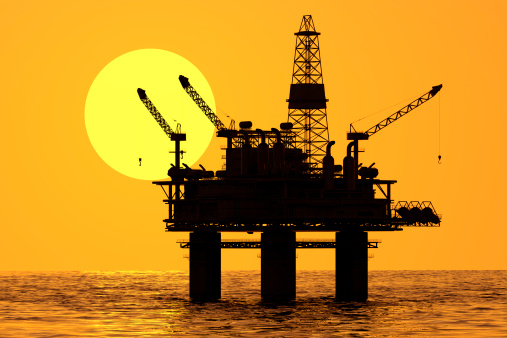The U.S. economy has benefited for some time from cheap oil, fueled by historically weak demand in China, crumpled demand in Europe and the rise of shale. However, the price of crude has reached almost $100 again. If it rises much above that, the ripple effect on American businesses and consumers will cause the sort of anxiety it did in mid-2011, early 2012 and six months ago. The recovery in America has run partly on cheap energy. That period may have come to a close.
The primary beneficiary of low oil prices has been the American driver. The average price of a gallon of regular gasoline nationwide was $3.23 a year ago. A month ago, that number dropped to $3.19, and there were plenty of predictions the price would fall below $3. But in recent weeks the price of gas has risen again and reached $3.26 last week. A few pennies a gallon may not seem like much — except to lower class Americans who have to do any significant amount of driving.
The ripple effect of high oil prices also reaches across the business economy to a wide array of airlines, air freight companies and most businesses that use petrochemical-based products. An increase in crude, even a small one, nibbles at the margins of several of America’s largest business sectors.
Some of the reasons for an increase in crude prices are obvious. There is no deal for improved relations with Iran, although there is some chance that will change. As a matter of fact, a large portion of Congress has begun to press for more sanctions against Iran. And China’s economy has been hobbled for a few months, though trade data and PMI numbers have shown that its GDP is likely growing at close to 8% again. Demand for crude in the world’s most populous nation recently reached a five-month high.
Europe’s economy has begun to recover as well, although much of the region will stay in or near recession. But the countries where that is the case are mostly smaller ones economically. Germany, the United Kingdom and France are each in some stage of recovery.
Ironically, the single greatest threat to higher oil prices is the recovery of America’s own economy. What appeared to be a slowdown at mid-year has started to look like halting expansion as year-end approaches.
The International Energy Agency recently reported that the pressure on oil prices remains “remarkably persistent” and “upside risk” remains, according to a CNBC report on the agency’s monthly report for December.
Cheap oil is no longer cheap, and it is probably about to get more expensive.
Is Your Money Earning the Best Possible Rate? (Sponsor)
Let’s face it: If your money is just sitting in a checking account, you’re losing value every single day. With most checking accounts offering little to no interest, the cash you worked so hard to save is gradually being eroded by inflation.
However, by moving that money into a high-yield savings account, you can put your cash to work, growing steadily with little to no effort on your part. In just a few clicks, you can set up a high-yield savings account and start earning interest immediately.
There are plenty of reputable banks and online platforms that offer competitive rates, and many of them come with zero fees and no minimum balance requirements. Click here to see if you’re earning the best possible rate on your money!
Thank you for reading! Have some feedback for us?
Contact the 24/7 Wall St. editorial team.



